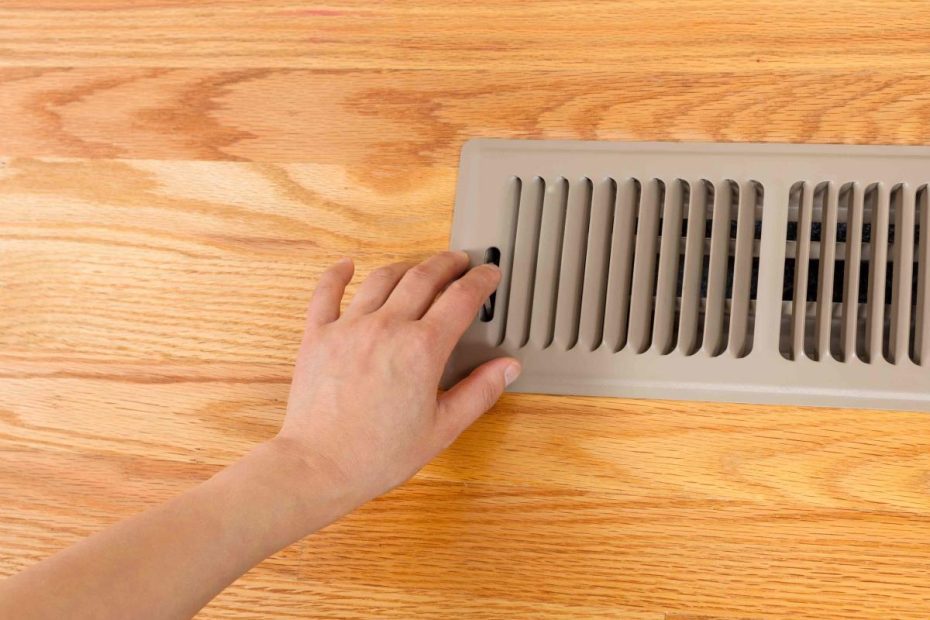As temperatures drop, many of us are looking for ways to reduce our home heating costs.
While closing vents in individual rooms or areas may seem like a reasonable way to save money this winter, it's actually not that simple. Despite what you may have heard, HVAC experts say closing vents in unused rooms is not an effective cost-saving measure. In fact, it can do more harm than good to your HVAC system.
Meet our expert
Should you close the vents in unused rooms in winter?
“No, you should never close the vents in individual rooms,” says Brad Martin, Field Service Manager for Boer Brothers Heating & Cooling in Chapel Hill, North Carolina.
HVAC systems are designed to maintain a specific and balanced airflow throughout the home, known as CFM, or cubic feet per minute. Closing vents can increase duct pressure, causing leakage or damage to the system. As a result, the system will not work properly or efficiently.
What role do vents play in heating and cooling a home?
Vents act as exit and entry points for warm and/or cool air to lower or raise the temperature in your home. While the return removes the cool or warm air, Martin says, the supply vents replace this air with the opposite of what is being removed.
In most homes, the furnace (convection) and the air conditioner (central air) use the same vents. Good airflow is essential for the functioning of both systems.
What are the risks of closing heating vents in unused rooms?
It may help to think of your HVAC system as your body's cardiovascular system, and a closed ventilation system as a clogged artery.
“Closing the vents in the individual rooms can cause the static pressure of the system to rise, causing problems such as blower motor failure and compressor failure,” explains Martin. “When individual vents are closed, air still flows through that duct. Once it travels through the canal, it has nowhere to go and then puts positive pressure on the system again.”
Are there energy savings from closing vents in unused rooms in winter?
Closing the vents in individual rooms will not reduce your energy costs, but will actually harm your system.
“Closing vents puts a strain on the system, forcing the system to work harder,” says Martin. “HVAC systems are designed for a specific CFM, so when the system vents are closed, the air still flowing through the ducts puts pressure on the system. This causes both the motor and the compressor to become hot. When mechanical parts get hot, they draw higher current, which increases electricity bills and reduces energy efficiency.”
Related: When's the Last Time You Cleaned Your Air Ducts? Here's why it matters
The right way to adjust airflow to different rooms
Instead of closing individual vents in the winter, Marin recommends installing (or modifying) butterfly dampers on the main duct line. These dampers act as a block on the main ductwork, allowing your system to function as if there were no vent at all in that particular room. Unless you have experience working with HVAC systems, it is best to hire a local HVAC technician to handle this for you.
Read the original article on Southern Living

